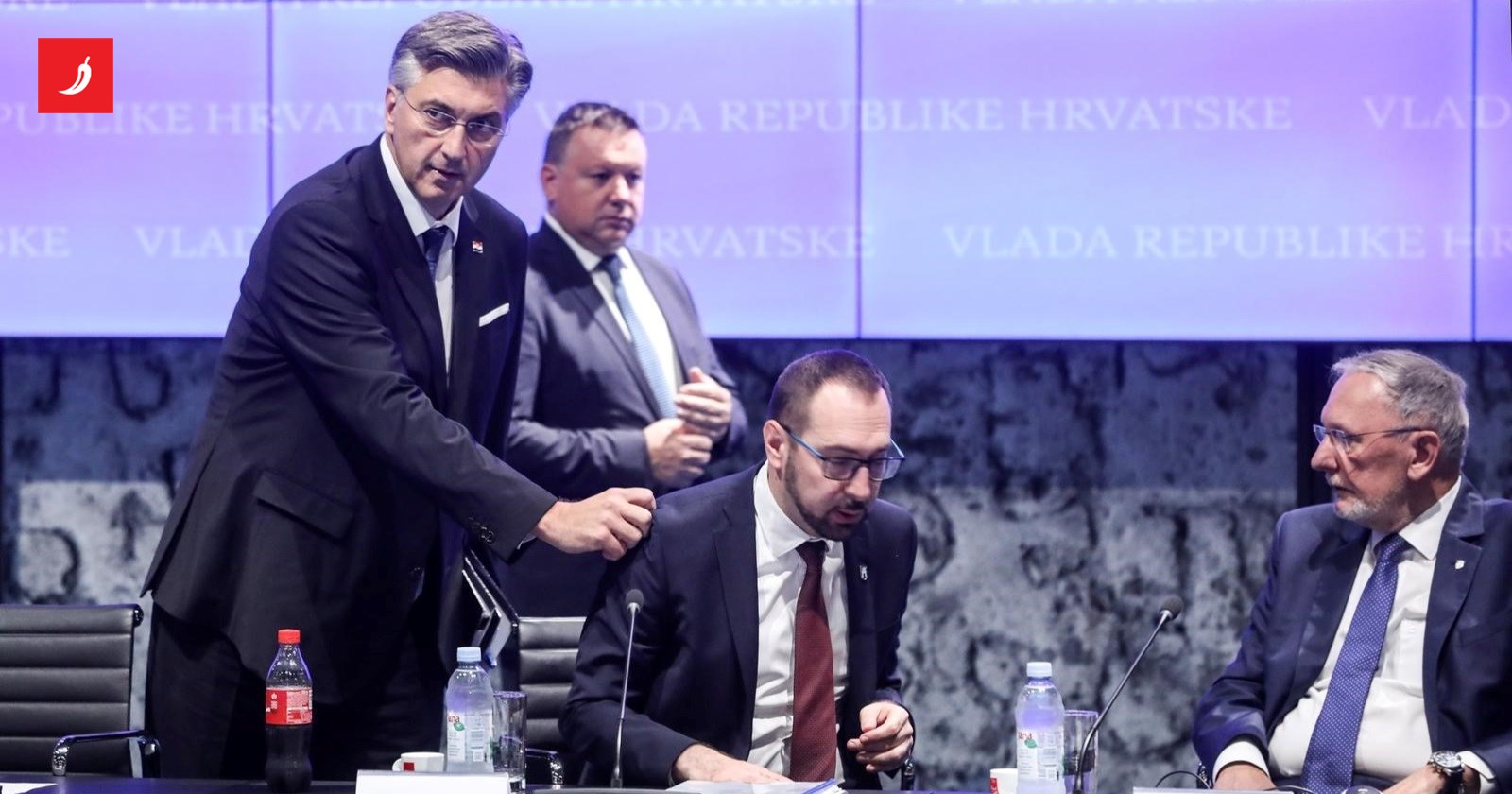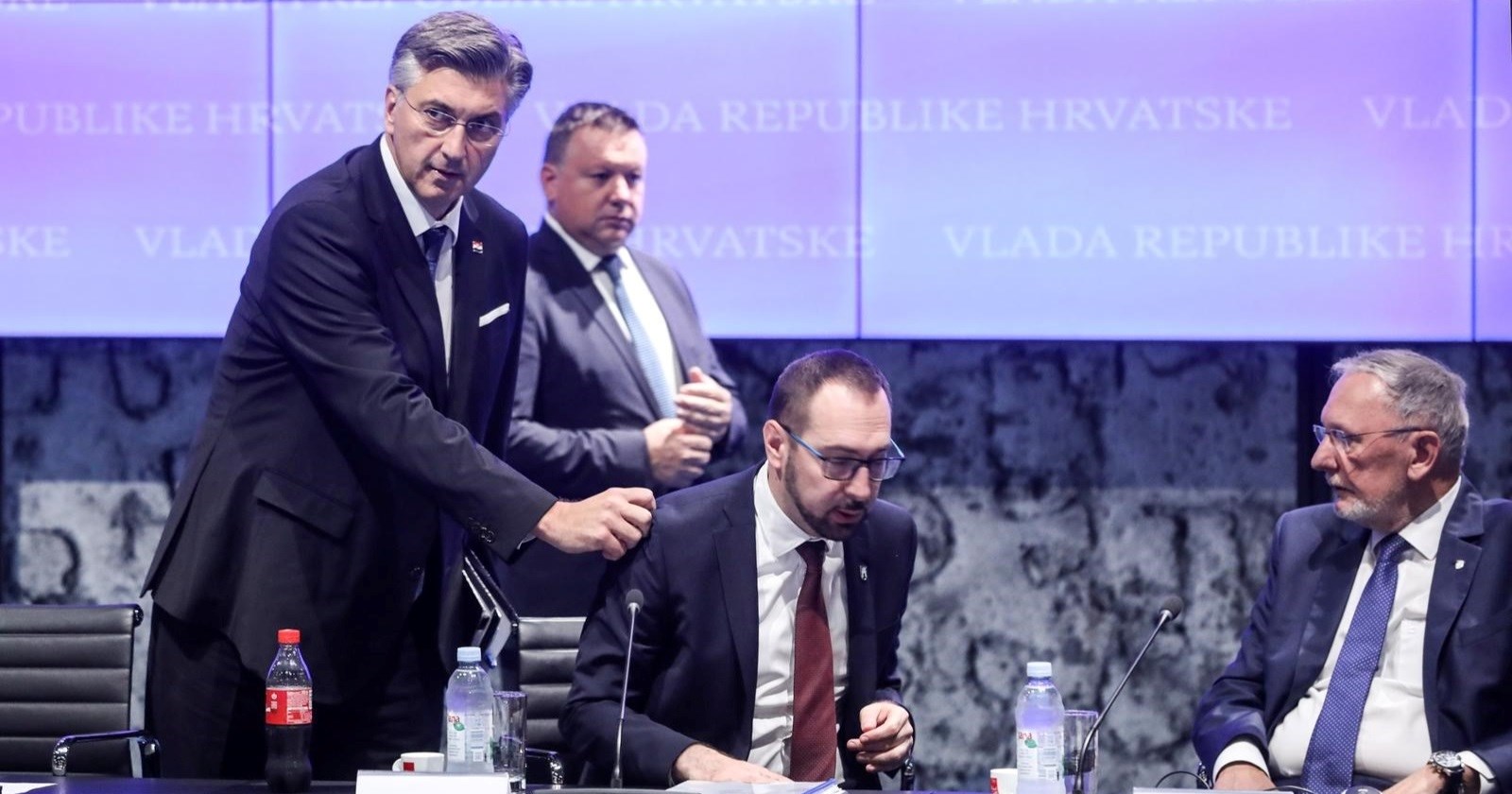Only 17% Change in Local Governments – New Laws Promise a Revolution!
Did you know that in the latest local elections in Croatia, power changed hands in only 17% of local government units? Yes, you read that right – only 17%! While many complain about political stagnation, Prime Minister Andrej Plenković and county leaders claim this is proof of the success of their policy of constant dialogue and fiscal decentralization.
What’s Happening in the Counties?
Prime Minister Plenković held the 18th meeting with county leaders, representatives of the Croatian Association of Counties, cities, and municipalities. The main topic? Improving the legislative framework for balanced regional development. Brod-Posavina County Prefect Danijel Marušić emphasized that all county leaders positively assessed amendments to laws on spatial planning, construction, and regional development. The goal is clear: easier and more transparent use of funds and faster project implementation.
New Regional Development Law – What Does It Bring?
Nataša Mikuš Žigman, an expert on EU funds, presented the new law currently in public consultation. This law defines for the first time the goals of sustainable urban development, development of smart and green cities, and industrial transition through cooperation between the economy and academia. The law does not change the existing model for calculating the development index but extends the evaluation period from three to five years.
Revolution in Construction and Spatial Planning
Branko Bačić, Minister of Spatial Planning, announced new laws that will simplify and speed up procedures for adopting spatial plans and issuing building permits. He highlighted the introduction of new land use for affordable housing, the institute of building rights, and simplification of public infrastructure construction. Also, by the end of the year, amendments to the law on illegally built structures are planned, but without new legalization – only assistance to citizens who missed deadlines.
What Does This Mean for Citizens?
Less bureaucracy, faster permits, more transparency, and a greater chance for balanced development across all regions of Croatia. But will this really change things, or is it just another political story? Only 17% change in local government might mean citizens are not very enthusiastic or are satisfied with the status quo. Or maybe they simply have no choice?
Is This the End of Political Stagnation?
Plenković claims that the policy of dialogue and decentralization has yielded results, but critics say it’s just a facade to maintain the same ruling group. The new laws are certainly a step forward, but real change depends on their implementation and the willingness of local authorities to truly work for the citizens.
Conclusion
Croatia stands on the brink of major changes in regional development and construction. The new laws promise a revolution, but only time will tell if it will be a revolution or just another political story. What do you think? Do you believe things will change, or is this just a show for the public? Drop a comment, maybe together we’ll uncover what’s really going on behind the scenes!
Slug: plenkovic-zupani-novi-zakoni-regionalni-razvoj-gradjevinarstvo







































